A Philosophy of Universality
178 pages - 1 illustration
For the last few decades, men have been trying to deal with the world’s problems on a global scale and, for this purpose, have created countless cultural and political organizations. But it is not enough to set up organizations with a universal vocation: as long as the individuals they represent are unaware of their own vocation to universality, all their organizations will be powerless. Haven’t we already seen proof of this? An awareness of universality is the fruit of a long and patient education and it is the foundations of this education in universality that we find in the teaching of the Master Omraam Mikhaël Aïvanhov.
1 - What is a Sect?
2 - No Church is Eternal
3 - The Spirit Behind the Form
4 - The Advent of the Church of St. John
5 - The Foundations of a Universal Religion
6 - The Great Universal White Brotherhood
7 - For a Universal Notion of the Family
8 - Brotherhood, a Higher State of Consciousness
9 - The Annual Conventions at the Bonfin
10 - The Universal Dimension of All Our Activities
2 - No Church is Eternal
3 - The Spirit Behind the Form
4 - The Advent of the Church of St. John
5 - The Foundations of a Universal Religion
6 - The Great Universal White Brotherhood
7 - For a Universal Notion of the Family
8 - Brotherhood, a Higher State of Consciousness
9 - The Annual Conventions at the Bonfin
10 - The Universal Dimension of All Our Activities
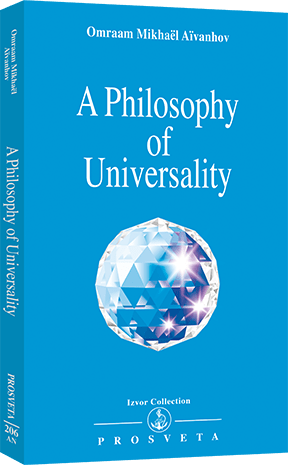
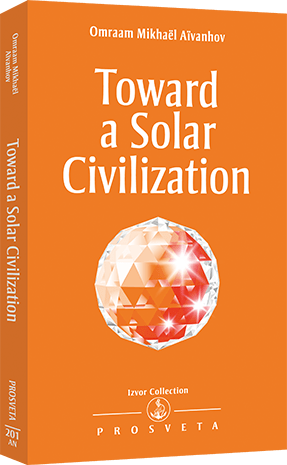




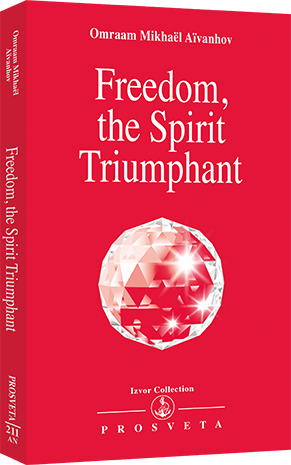
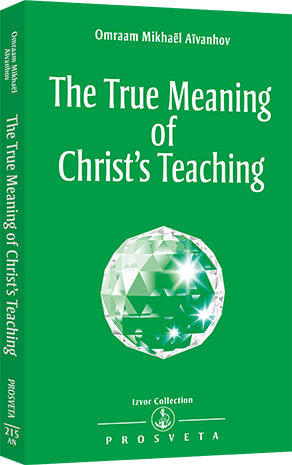

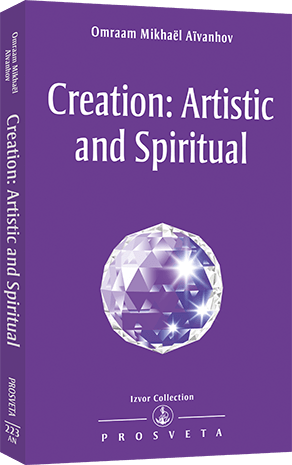



The importance of developing a collective consciousness.
This book is a real how-to manual to help us overcome our limited and self-centered viewpoints to broaden our awareness to the community. And not only human but also all the kingdoms that share this planet with us and far beyond. It is not about giving up our own development but making it useful to as many people as possible. From there we can finally participate in a universal fraternity.